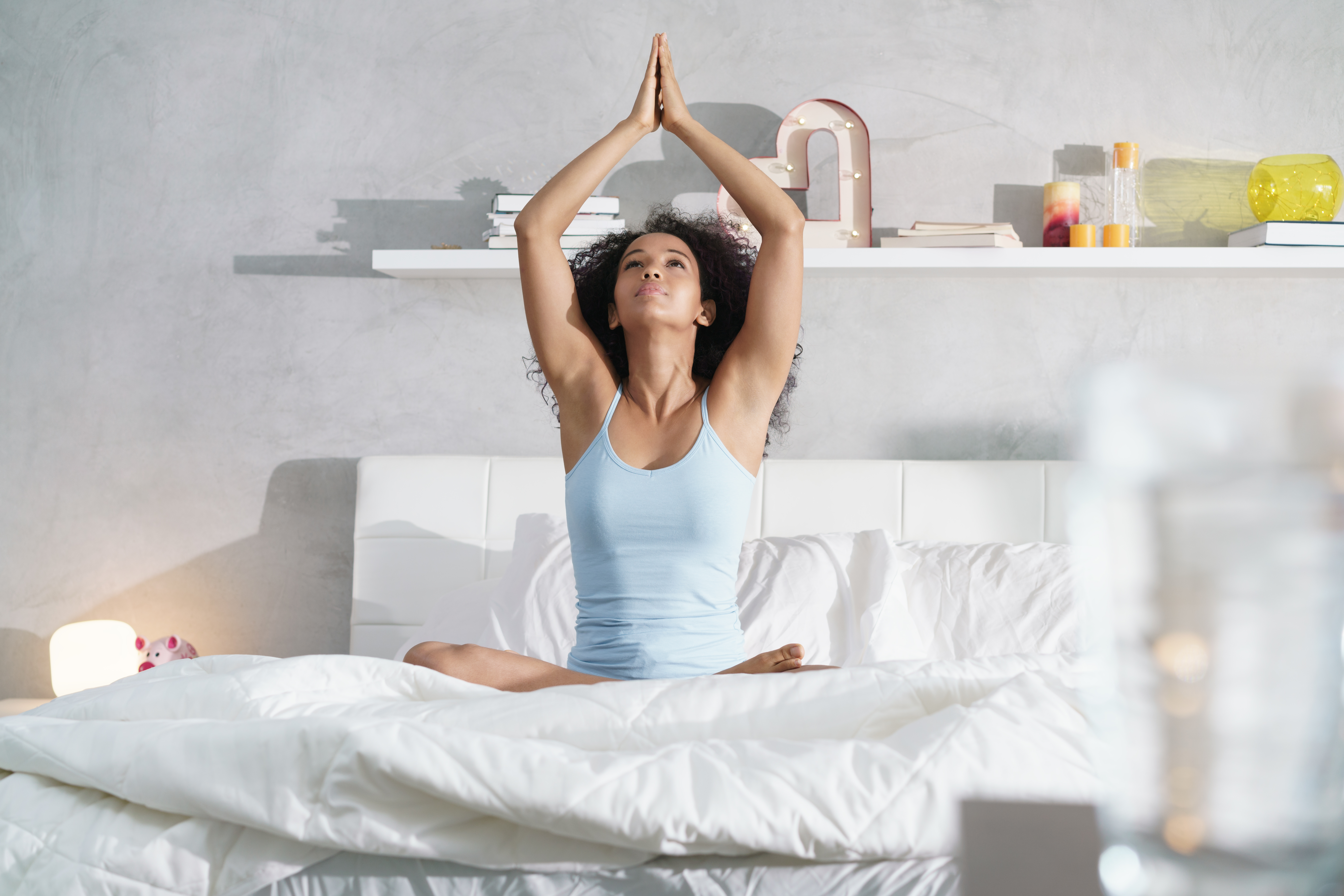Introduction:
A nighttime routine is a set of habits and activities that help prepare your body and mind for a restful night’s sleep. By establishing a consistent bedtime routine, you can signal to your body that it’s time to unwind and promote better sleep quality. In this comprehensive guide, we will explore the key components of a nighttime routine and provide practical tips to help you build a routine that supports restful sleep. From creating a relaxing environment to incorporating relaxation techniques, we will cover everything you need to know to develop a nighttime routine that will set the stage for a peaceful slumber.
Section 1: Understanding the Importance of a Nighttime Routine
1.1 The Role of a Nighttime Routine: Explain the significance of a nighttime routine in preparing the body and mind for sleep. Discuss how a consistent routine can help regulate your internal body clock and enhance sleep quality.
1.2 Benefits of a Nighttime Routine: Highlight the potential benefits of a nighttime routine, including improved sleep onset, deeper sleep stages, reduced anxiety, and increased overall well-being.
Section 2: Creating a Relaxing Sleep Environment
2.1 Declutter Your Bedroom: Discuss the importance of a clean and organized sleep environment. Provide tips for decluttering your bedroom and creating a serene atmosphere conducive to sleep.
2.2 Optimal Temperature and Lighting: Explain the impact of room temperature and lighting on sleep quality. Discuss the ideal temperature for sleep and suggest using blackout curtains or eye masks to minimize light exposure.
2.3 Comfortable Bedding and Sleep Accessories: Highlight the significance of comfortable bedding, including mattresses, pillows, and sheets. Recommend investing in high-quality sleep accessories, such as supportive pillows or weighted blankets, if necessary.
Section 3: Establishing a Consistent Sleep Schedule
3.1 Set a Bedtime and Wake-Up Time: Explain the importance of consistent sleep and wake times, even on weekends. Discuss the benefits of aligning your sleep schedule with your natural circadian rhythm.
3.2 Wind-Down Period: Discuss the importance of allowing time for winding down before bed. Recommend setting aside 30 minutes to an hour for relaxation and preparation for sleep.
Section 4: Relaxation Techniques for Better Sleep
4.1 Mindfulness and Meditation: Introduce mindfulness and meditation as powerful tools for relaxation. Provide instructions for simple mindfulness exercises and guided meditation practices to calm the mind and promote sleep.
4.2 Deep Breathing Exercises: Discuss the benefits of deep breathing exercises in reducing stress and inducing relaxation. Provide step-by-step instructions for diaphragmatic breathing and other breathing techniques
4.3 Progressive Muscle Relaxation: Explain the concept of progressive muscle relaxation and its ability to release tension and promote relaxation. Provide a guided script or instructions for practicing progressive muscle relaxation before bed.
4.4 Relaxing Activities: Suggest engaging in calming activities before bed, such as reading a book, taking a warm bath, or listening to soothing music. Discuss the importance of choosing activities that help you unwind and signal to your body that it’s time to sleep.
Section 5: Minimizing Stimulants and Promoting Healthy Habits
5.1 Limit Caffeine and Alcohol Intake: Discuss the impact of caffeine and alcohol on sleep quality. Recommend avoiding or minimizing consumption of these substances, especially close to bedtime.
5.2 Establish a Screen-Free Zone: Explain the negative effects of electronic devices on sleep. Encourage readers to create a screen-free zone in the bedroom and establish a digital curfew to allow the mind to unwind before sleep.
5.3 Light Exercise and Stretching: Highlight the benefits of light exercise or stretching before bed to release tension and promote
relaxation. Suggest gentle activities like yoga or stretching routines that can help prepare the body for sleep.
5.4 Healthy Sleep Hygiene Habits: Discuss the importance of practicing good sleep hygiene to improve sleep quality. Include tips such as avoiding heavy meals before bed, limiting fluids to prevent disruptions from nighttime urination, and creating a comfortable sleep environment.
Section 6: Troubleshooting Sleep Challenges
6.1 Addressing Sleep Disorders: Acknowledge that some individuals may experience sleep disorders that require professional attention. Encourage seeking help from a healthcare provider or sleep specialist if sleep difficulties persist or worsen.
6.2 Dealing with Racing Thoughts and Anxiety: Offer strategies for managing racing thoughts and anxiety that can interfere with sleep. Suggest journaling, relaxation exercises, or engaging in a pre-sleep routine that promotes relaxation and stress reduction.
6.3 Managing External Factors: Discuss the impact of external factors on sleep, such as noise, temperature, or disruptions from family members or pets. Provide practical solutions such as using earplugs, white noise machines, or discussing sleep expectations with family members.
Section 7: Consistency and Adjustments
7.1 Consistency is Key: Emphasize the importance of maintaining a consistent nighttime routine to reinforce sleep cues and establish a healthy sleep pattern. Encourage readers to stick to their routine even on weekends or during travel.
7.2 Individualization and Adjustments: Highlight the need for individualization when building a nighttime routine. Remind readers to listen to their bodies, experiment with different techniques, and make adjustments based on their personal preferences and needs.
Conclusion
A well-designed nighttime routine is a powerful tool for achieving restful sleep. By creating a relaxing sleep environment, establishing a consistent sleep schedule, incorporating relaxation techniques, and adopting healthy sleep habits, you can optimize your chances of experiencing restful and rejuvenating sleep.
Remember that building a nighttime routine is a process that requires experimentation and adjustment. Pay attention to how different practices and habits impact your sleep and make modifications accordingly. With persistence and commitment, you can develop a nighttime routine that sets the stage for restful sleep and supports your overall well-being.
- How Cinnamon Lowers Blood Sugar and Fights Diabetes - July 7, 2023
- Building A Nighttime Routine For Restful Sleep - May 29, 2023

